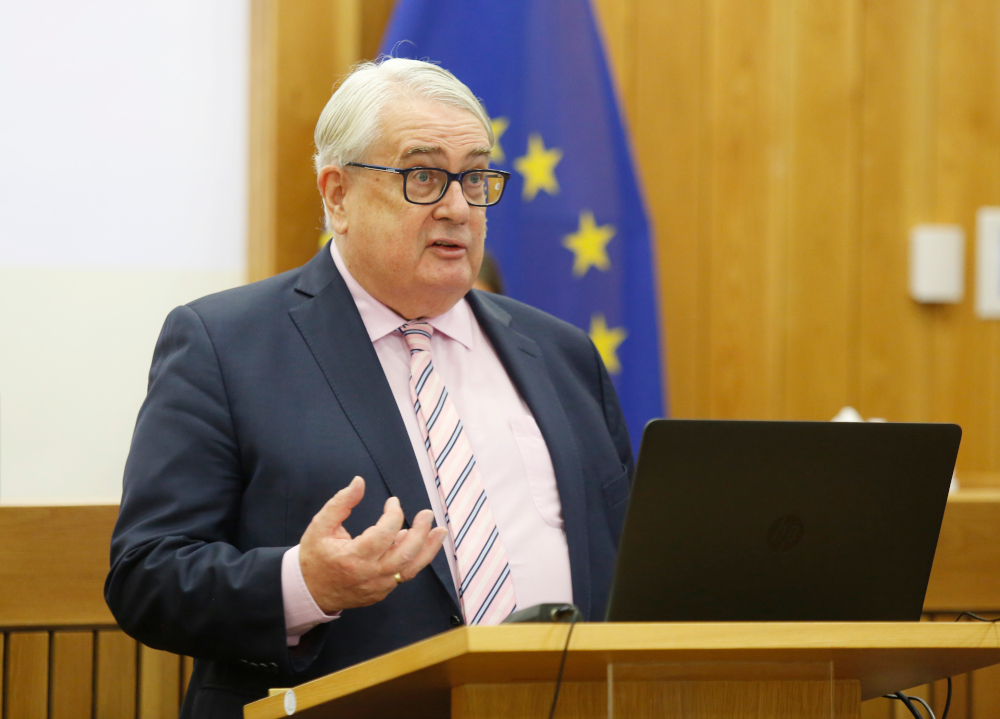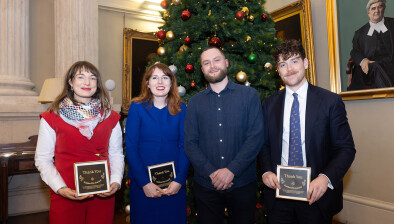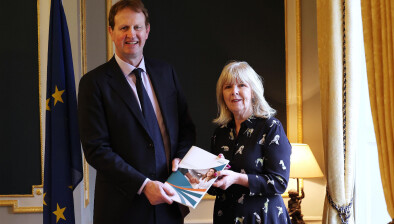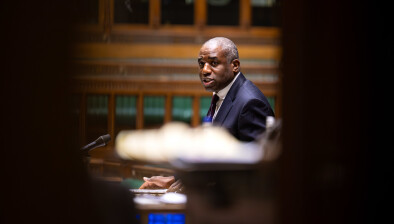Chief Justice: No ‘silver bullet’ to solve barriers to access to justice

Mr Justice Frank Clarke speaking at today's conference
There is no “single solution or silver bullet” to solve barriers to accessing justice in Ireland, the Chief Justice has said at the opening of a major two-day conference.
Mr Justice Frank Clarke was joined by justice minister Heather Humphreys, representatives of the Courts Service and Legal Aid Board, and Judge Siofra O’Leary of the European Court of Human Rights on the first day of the virtual event.
The conference was announced last month and will help guide the work of the Chief Justice’s new working group, which was established in January and includes representatives from The Bar of Ireland, the Law Society of Ireland, the Legal Aid Board and legal rights group FLAC.
Mr Justice Clarke told attendees: “I have returned to the theme of barriers to access to justice on regular occasions during my term as Chief Justice. It has become increasingly clear to me that there is no single solution or silver bullet.
“The range of issues is wide and potential improvement requires action across many strands. There are undoubtedly areas where the problems of access to justice can be particularly acute.
“Minorities, marginalised groups or the vulnerable obviously run a real risk of having less effective access to justice than others. Particular areas of the law also can throw up special challenges.
“The purpose of today is to encourage the continuation of the initiatives adopted by major state bodies and to provide reasons why those initiatives make sense.”
He noted that Irish taxpayers spend “significantly less on our justice system compared with most continental countries, while the Irish litigant spends more” and suggested that some of the money “which is saved by the taxpayer by our common law system” could be spent on legal aid.
Meanwhile, Mrs Humphreys highlighted various government initiatives to widen access to justice and reform the legal sector, promising an implementation plan on Mr Justice Peter Kelly’s review of the administration of civil justice by the end of the month.
She added: “Widening access to justice means many things. It means that all our citizens can readily access the legal system and services when they need it. This may be at times of difficulty in their lives, or when they may be enforcing a contract or buying a home.
“But it also means ensuring that our legal system and the people working within it better represent the Ireland of today. As part of our overall plan to increase diversity across the justice sector, I firmly believe there must be greater gender balance and diversity across the legal sector.
“We can achieve this through reform of legal education – by breaking down barriers which prevent a wider pool of people entering the legal profession. These barriers that aspiring lawyers continue to face at the outset of their careers must be addressed for once and for all.”
The second day of the conference will focus on workshops designed to address specific issues with a view to identifying “new and better ways in which we may be able, in the future, to widen access to justice in areas where it is particularly limited”.








